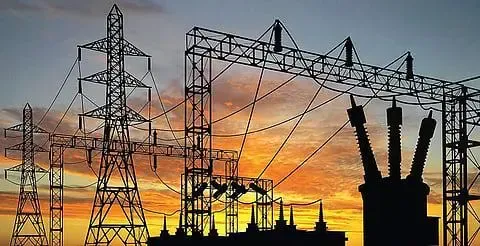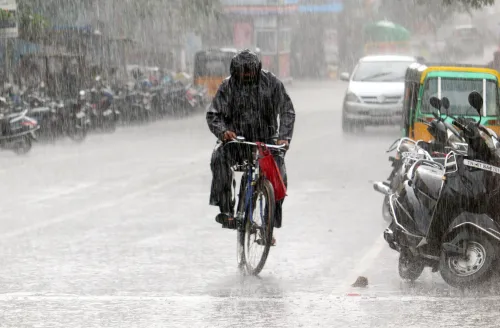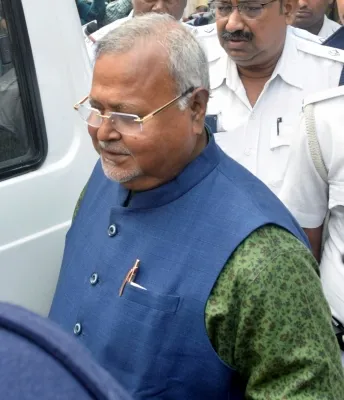Investment in India's Highways Yields Triple GDP Growth: IIM-B Study

Synopsis
Key Takeaways
- Each rupee spent on highways leads to a 3.21-unit GDP increase.
- Highway development raises household incomes by 9%.
- Transportation costs decreased by approximately 3%.
- Household expenditures rose by 6%.
- National highway length has increased by 60% in a decade.
New Delhi, Jan 29 (NationPress) Investments in India's highways sector have resulted in a more than three-fold surge in the country's GDP, driven by the multiplier effect of job creation and increased incomes, as noted by a study from IIM-Bangalore.
The findings indicate that every unit spent on highway construction has generated a 3.21-unit increase in the nation's Gross Domestic Product (GDP).
Conducted between 2013 and 2022, the study reveals that national highway development has contributed to a 9 percent rise in household incomes, a 6 percent increase in household spending, and a significant 10.4 percent boost in car sales.
Furthermore, it identified that highway development has led to an approximate 3 percent decrease in transportation costs from factories to raw material suppliers, and by 1.33 percent from factories to customers purchasing finished products, highlighting enhanced supply chain efficiency.
The highways have also positively impacted the agricultural sector and MSMEs (micro, small, and medium enterprises), which play a pivotal role in the country’s employment landscape.
This study, conducted by IIM Bangalore's Supply Chain Management Centre in partnership with the National Highways Authority of India (NHAI), assesses the socio-economic effects of national highway expansion.
The highway network's development has improved access to educational institutions, essential healthcare, and community services, the report states.
Moreover, the study notes a decline in crime rates, accidents, pollution, noise levels, and traffic congestion in regions where highways have been built.
Based on extensive surveys and analyses across over 100 districts with diverse socio-economic conditions, the study underscores significant findings.
The National Highways Authority of India allocated a record Rs 2.07 lakh crore for national highway construction in 2023-24, marking the highest capital expenditure to date and a 20 percent increase from Rs 1.73 lakh crore in 2022-23 and Rs 1.72 lakh crore in 2021-22.
According to official data, the length of India's National Highway network has expanded by 60 percent over the last decade, from 91,287 km in 2014 to 146,195 km in 2024, making it the second-largest road network globally.
In a noteworthy accomplishment, the National High-Speed Corridors have grown from just 93 km in 2014 to 2,474 km in 2024, demonstrating a significant enhancement in the country's infrastructure.









